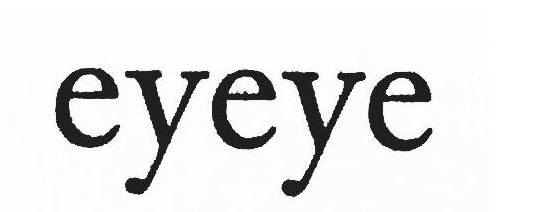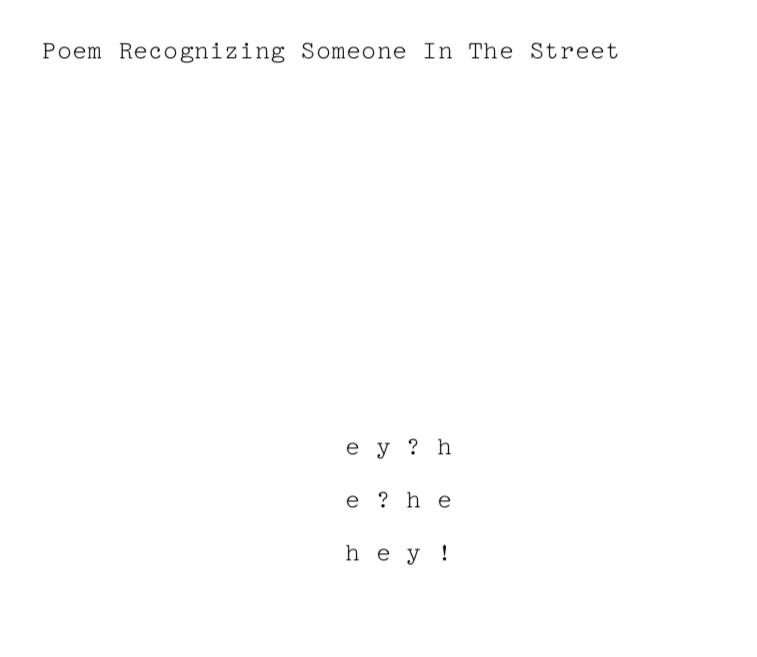2 miles
43rd ave, north/32nd st, east/edmund, south/hill loop
71 degrees
Just updated to the latest version of WordPress (5.5) and they have changed the interface again. Initial reaction: why do we need this change? I’ll give it some time.
Writing this, an hour after my run, the sky is dark, foreboding. Looked at the radar on the weather app and bright yellow and orange and red are approaching. A heavy storm. Hopefully not too heavy.
Took a walk with Scott and Delia the dog first, then went for a shorter run. Listened to a playlist and don’t remember much. Noticed the house on 43rd that used to have the best Halloween decorations–a light/sound show with Toccata and Fugue, a coffin opening up to reveal a skeleton, a graveyard with bloody heads–until the cool people moved away. The new owners have a large cross hanging on their front door and have lined their path with cutesy flowers. Yes, I guess I am bitter.
The run was nice. Noticed lots of cars at Minnehaha Academy–looked it up, student are returning to campus on August 27th. Wow. Also looked up tuition for high schoolers: $23, 980 a year! Forgot to notice the Aspen eyes. Ran on the sidewalk past the trees that, in less than two months will be glowing yellow, and my favorite trio of some of the biggest cottonwood trees I’ve ever seen. Ran past the house that seemed abandoned for almost a year until suddenly it wasn’t and now they’ve been doing minor renovations all spring and summer. Switched over to other side of Edmund and ran right above where they’re working on the sewers. When I reached 36th I turned left onto the river road and ran down the hill until I reached the bottom. Turned around and ran back up it. Saw some bikers, runners, walker. Any roller skier? Don’t think so.
Before I run I noticed the quiet buzz of bugs. The buzz didn’t sound electric. Was it crickets? Speaking of electric buzz, I found another useful site about cicadas with this harsh and haunting description:
| Nymph Food | Root juices of pine and oak |
| Adult Food | Adults do not eat. After mating they die. |
When You Walk Over the Earth/ Katie Farris
When you walk over
the earth, it asserts
itself: “Here. Here.
Here,” it says to your
feet. You must reckon
with the earth, though it enters
you less. The sky always
has its hand in you,
as if you were a puppet,
through your ears down
your throat into your
lungs—and with the tips
of its fingers there, it caresses
every capillary, every blood cell,
until they blush.
After initially posting this entry, I sat at my desk and listened to the gentle rain falling and decided I needed to add something more here. “A Short Story of Falling” by Alice Oswald is a favorite poem of mine–I should memorize it. A few years ago, I turned it into an homage poem about crunching snow.
A Short Story of Falling/ ALICE OSWALD
It is the story of the falling rain
to turn into a leaf and fall again
it is the secret of a summer shower
to steal the light and hide it in a flower
and every flower a tiny tributary
that from the ground flows green and momentary
is one of water’s wishes and this tale
hangs in a seed-head smaller than my thumbnail
if only I a passerby could pass
as clear as water through a plume of grass
to find the sunlight hidden at the tip
turning to seed a kind of lifting rain drip
then I might know like water how to balance
the weight of hope against the light of patience
water which is so raw so earthy-strong
and lurks in cast-iron tanks and leaks along
drawn under gravity towards my tongue
to cool and fill the pipe-work of this song
which is the story of the falling rain
that rises to the light and falls again
And here is a recording of the rain, just outside my window in the front room:

